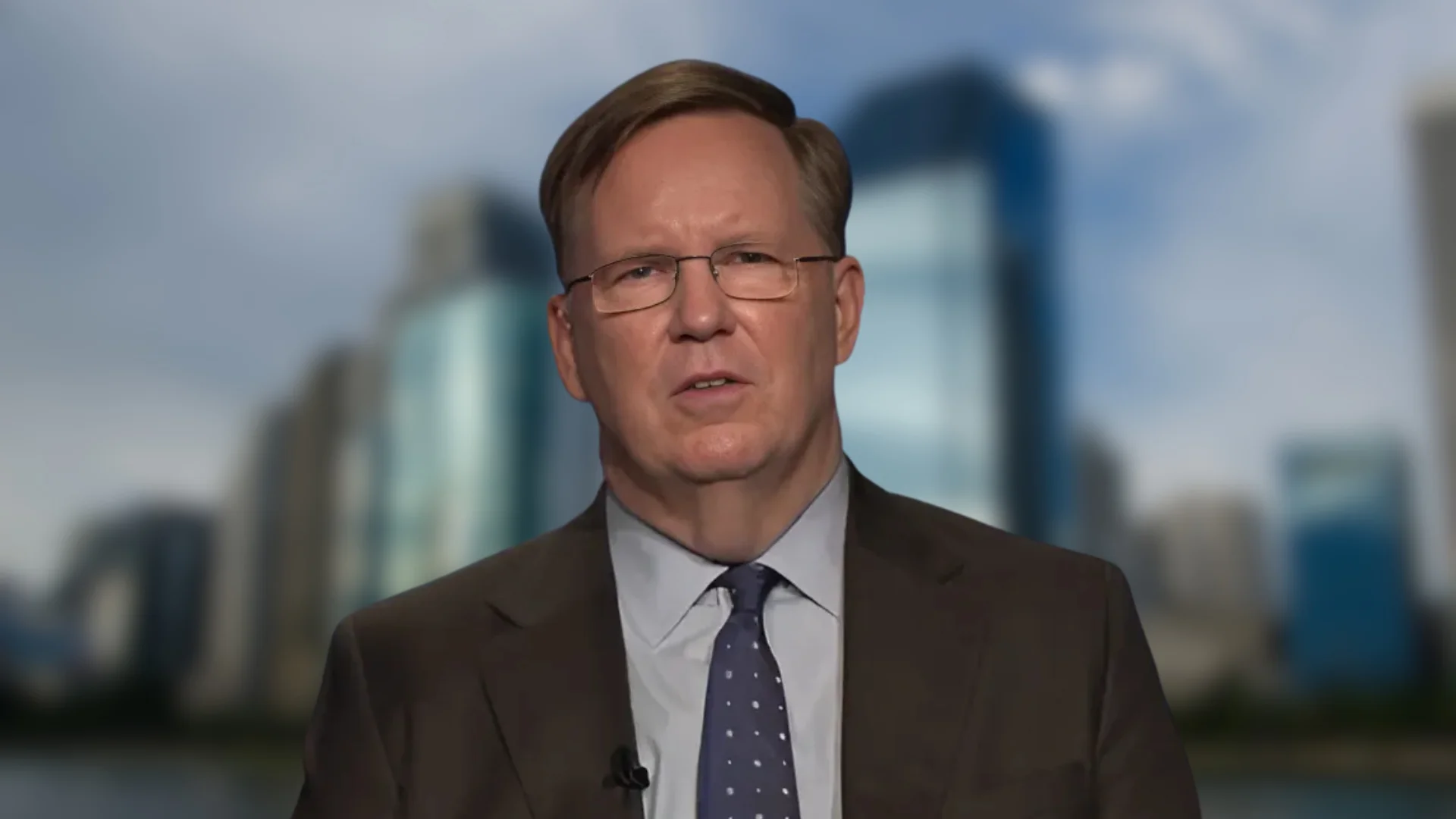
Tiger Joyce, President for American Tort Reform Association | Linkedin
The American Tort Reform Association (ATRA) announced on X that the South Carolina Supreme Court has upheld a decision subjecting a Canadian company to asbestos litigation in the state.
According to ATRA’s Judicial Hellholes blog, the South Carolina Supreme Court upheld a controversial move by Judge Jean Toal, allowing a Canadian company to be drawn into asbestos litigation in the state. ATRA argued that this decision exemplifies judicial overreach and undermines legal fairness by extending state court jurisdiction to foreign entities with minimal connection to South Carolina. The association warned that such precedent threatens to further erode confidence in the state’s civil justice system.
In the case highlighted by ATRA, Quebec Inc.—a Canadian company with limited ties to South Carolina—was made subject to asbestos litigation following Judge Toal’s appointment of a receiver to pursue legal claims. The association emphasized that this ruling could deter international firms from doing business in the U.S. due to fears of unpredictable legal exposure. The group cited this case as emblematic of growing concerns over expansive judicial discretion in toxic tort litigation.
South Carolina has repeatedly appeared in ATRA’s Judicial Hellholes reports due to what the association identifies as patterns of excessive litigation and pro-plaintiff court behavior. In its 2023–2024 edition, ATRA warned that the state’s courts were becoming increasingly attractive venues for mass tort filings, especially asbestos-related cases. The Quebec Inc. decision is presented as further confirmation of South Carolina’s troubling litigation trends.
According to ATRA, it is a national nonprofit organization dedicated to promoting fairness in the civil justice system through legislative advocacy and public education. The association is best known for its Judicial Hellholes report, which identifies jurisdictions that it believes exemplify litigation abuse and imbalance. It partners with business leaders and lawmakers to advance legal reforms that reduce frivolous lawsuits and promote economic stability.






 Alerts Sign-up
Alerts Sign-up